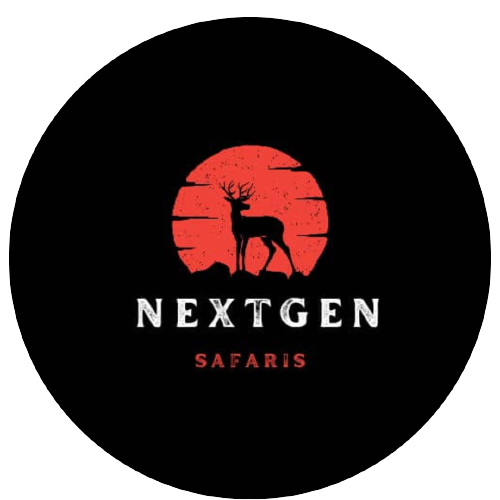Carbon crediting tourism in Africa
Africa: Carbon Crediting, investments, Destinations and Projects
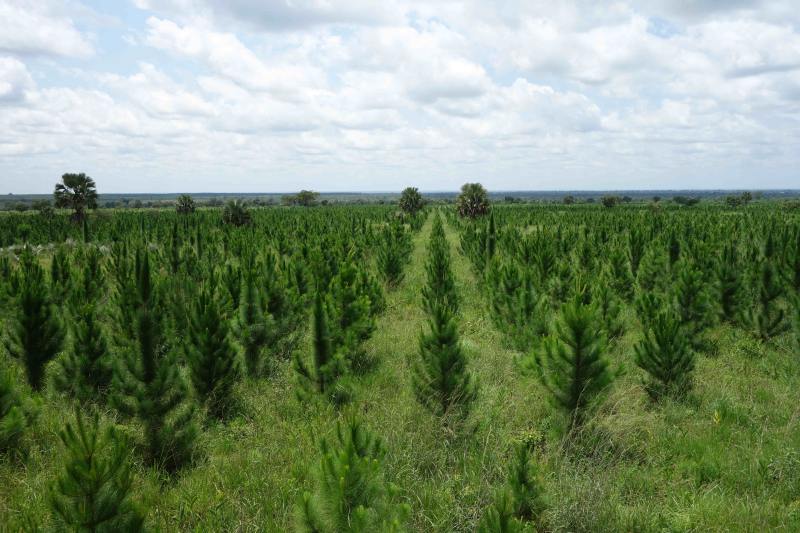
Carbon crediting tourism in Africa is a promising initiative that merges eco-conscious travel with sustainable development practices. At its core, carbon credit tourism aims to mitigate carbon emissions generated by travelers while simultaneously contributing to local conservation efforts and community development.
Here’s how it works:
Offsetting Carbon Footprint:
Travelers participating in carbon credit tourism often engage in activities that generate carbon emissions, such as flying or driving during their trips. To counteract these emissions, they purchase carbon credits, which represent the reduction or removal of an equivalent amount of carbon dioxide (CO2) from the atmosphere through projects such as reforestation, renewable energy, or sustainable agriculture.
Conservation Projects:
The funds generated from the sale of carbon credits are typically invested in conservation projects within the destination region. In Africa, these projects may include initiatives such as reforestation of degraded landscapes, habitat restoration for endangered species, or the implementation of sustainable land management practices.
Community Involvement:
Carbon credit tourism often prioritizes community involvement and empowerment. Local communities may be directly engaged in conservation efforts, such as tree planting or wildlife monitoring, providing them with employment opportunities and a stake in the success of conservation initiatives.
Additionally, community-based tourism enterprises, such as eco-lodges or cultural experiences, may receive support from carbon credit funds, fostering economic development while promoting environmental sustainability.
Educational Experiences:
Carbon credit tourism offers travelers the opportunity to learn about environmental conservation and sustainable practices firsthand. Guided tours, educational workshops, and immersive experiences led by local experts provide insights into the ecological significance of the region and the importance of carbon offsetting.
Measurable Impact:
One of the key advantages of carbon credit tourism is its ability to quantify the environmental impact of travelers’ contributions. Through carbon accounting and monitoring systems, the reduction in carbon emissions achieved through carbon credit investments can be accurately measured, providing transparency and accountability in sustainable tourism practices.
Long-term Sustainability:
By integrating carbon credit tourism into the travel industry, stakeholders aim to create a sustainable model that benefits both the environment and local communities in the long term. Continued investment in conservation projects and community development initiatives helps build resilience against environmental challenges while promoting responsible tourism practices.
In Africa, where biodiversity hotspots, pristine landscapes, and vibrant cultures attract travelers from around the world, carbon credit tourism presents an opportunity to harness the economic benefits of tourism while safeguarding the continent’s natural heritage for future generations.
Through collaboration between travelers, conservation organizations, and local communities, carbon credit tourism has the potential to drive positive environmental and social change while offering unforgettable experiences for visitors to Africa.
Notable organizations on Carbon crediting in Africa
Some notable organizations involved in carbon crediting projects in East Africa include the United Nations Framework Convention on Climate Change (UNFCCC), the Clean Development Mechanism (CDM), and various private companies and non-profit organizations specializing in carbon finance and climate change mitigation.
Keep in mind that the effectiveness and impact of these projects can vary, and it’s essential to assess each project’s credibility, transparency, and adherence to international standards such as the Verified Carbon Standard (VCS) or the Gold Standard.
Carbon Crediting Projects in Uganda
Uganda has been actively involved in various carbon credit projects aimed at reducing greenhouse gas emissions and promoting sustainable development. Some of the key carbon credit projects in Uganda include:
Clean Cookstoves Initiative:
Many households in Uganda still rely on traditional biomass cooking methods, which contribute to deforestation and indoor air pollution. Carbon credit projects promoting clean Cookstoves aim to replace traditional stoves with more efficient and cleaner alternatives, thereby reducing emissions.
Afforestation and Reforestation Projects:
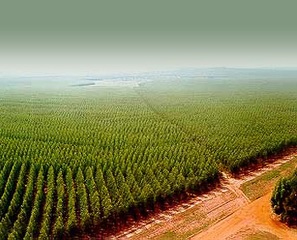
Uganda has experienced significant deforestation due to agricultural expansion, logging, and other factors. Afforestation and reforestation projects focus on planting trees to absorb carbon dioxide from the atmosphere, thereby mitigating climate change and providing additional benefits such as biodiversity conservation and soil protection.
Renewable Energy Projects:
Uganda has abundant renewable energy resources, including solar, wind, and hydroelectric power. Carbon credit projects supporting the development of renewable energy infrastructure help reduce dependence on fossil fuels and promote sustainable energy access.
Improved Agricultural Practices:
Agriculture is a significant source of emissions in Uganda, particularly due to practices such as slash-and-burn agriculture and inefficient use of fertilizers. Carbon credit projects promoting sustainable agricultural practices, such as agroforestry, conservation agriculture, and improved livestock management, aim to reduce emissions while increasing agricultural productivity and resilience to climate change.
Waste Management Projects:
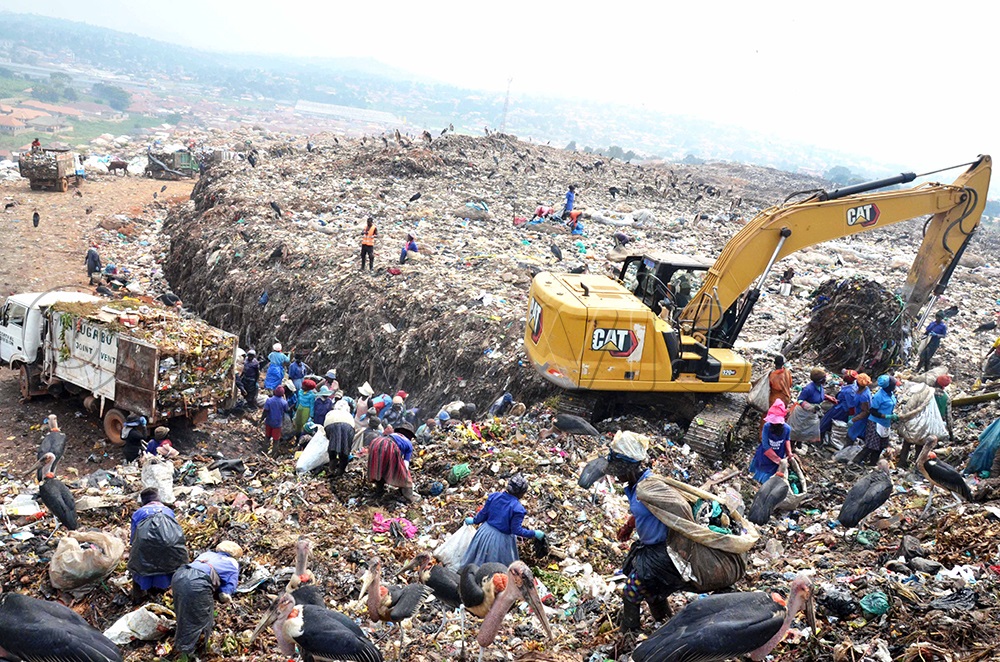
Inadequate waste management contributes to greenhouse gas emissions in Uganda, particularly from organic waste decomposition in landfills. Carbon credit projects focusing on waste management initiatives such as composting, biogas generation, and waste-to-energy technologies help reduce emissions while providing additional environmental and social benefits.
These projects are often implemented through partnerships between government agencies, non-governmental organizations, international development organizations, and private sector entities. They not only contribute to global climate change mitigation efforts but also support sustainable development goals in Uganda by improving livelihoods, protecting ecosystems, and enhancing resilience to climate change impacts.
Carbon Crediting Destinations and Markets in Africa
Carbon Crediting in Kenya:
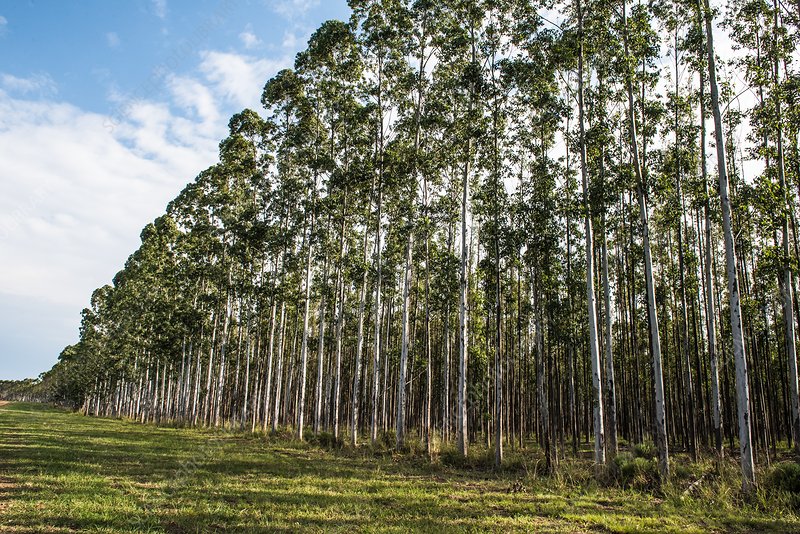
Kenya has been a pioneer in carbon credit projects, particularly in the realm of forestry and renewable energy. The country has implemented various projects focused on reforestation, afforestation, and sustainable forest management, which generate carbon credits through the reduction of greenhouse gas emissions.
Additionally, Kenya has embraced renewable energy projects such as wind and solar power, contributing to its carbon mitigation efforts. Carbon credit tourism initiatives have also emerged in Kenya, with eco-friendly lodges and safari operators offering travelers the opportunity to offset their carbon footprint while experiencing the country’s rich biodiversity and stunning landscapes.
Uganda:
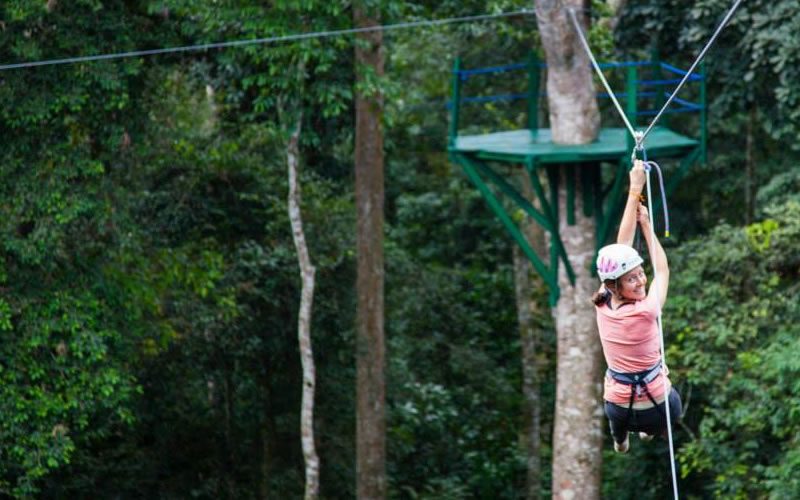
Uganda is known for its ambitious reforestation and conservation projects aimed at mitigating climate change and preserving its diverse ecosystems. Carbon credit initiatives in Uganda often focus on afforestation, agroforestry, and sustainable land management practices.
The country’s vast forest reserves, including Bwindi Impenetrable National Park and Kibale National Park, provide ideal settings for carbon sequestration projects. Uganda’s commitment to sustainable tourism aligns well with carbon credit tourism, offering travelers the chance to explore its natural wonders while supporting conservation efforts.
Tanzania:

Tanzania boasts iconic natural attractions such as Mount Kilimanjaro, the Serengeti, and the Ngorongoro Conservation Area, making it a prime destination for carbon credit tourism. The country has implemented various carbon credit projects, including reforestation, sustainable agriculture, and clean energy initiatives.
Tanzania’s REDD+ (Reducing Emissions from Deforestation and Forest Degradation) programs aim to reduce carbon emissions by conserving its extensive forest resources.
Carbon credit tourism in Tanzania offers travelers the opportunity to participate in conservation activities, support local communities, and experience the unparalleled beauty of its landscapes and wildlife.
Madagascar:
Madagascar is renowned for its exceptional biodiversity, with a high proportion of endemic species found nowhere else on Earth. Carbon credit initiatives in Madagascar often focus on forest conservation and restoration, given the critical role of its unique ecosystems in mitigating climate change.
Projects such as reforestation, agroforestry, and sustainable land management help sequester carbon emissions while preserving habitat for endangered species like lemurs and baobab trees. Carbon credit tourism in Madagascar offers travelers the chance to explore its extraordinary natural heritage while supporting conservation efforts and sustainable development in local communities.
These countries demonstrate a commitment to leveraging carbon credit initiatives to address climate change, protect biodiversity, and promote sustainable tourism practices across the African continent.
Are carbon credits in Africa worth investment?
Carbon credits in Africa are worth investment where individuals, institutions, organizations, companies and governments can invest towards the reduction and mitigation of carbon amounts with in the atmosphere. This can be done through investing in tree plantation either through afforestation projects , reforestations projects and agroforestry.
A Guide to this Carbon Crediting Africa Tour
ENTRY REQUIREMENTS FOR THE CARBON CREDITING AFRICA TOUR:
WATER:
You will find many different of opinion of what is safe and what is not. We recommend for peace of mind, to drink local Bottled Mineral water. It is important to drink plenty of water especially during the hotter months. We would recommend that guests drink at least 2 to 3 liters of water per day to limit the effects of dehydration.
Read about
10 Things you Should NOT DO on an African Safari.
What to expect on a safari in Uganda.
Bwindi Impenetrable National Park
How to Choose the Best Tour Operate for Your Safari in Africa
12-Day Gorilla Tracking in Bwindi
Some of our African Safaris
1 Day Jinja Ultimate tour Experience
1 Day White Water Rafting in Jinja
3 Days Bwindi Gorilla Habituation via Rwanda
3 Day Birding Safaris and Photography in Uganda
3 Day Safari to Queen Elizabeth National Park
3 Day fly in Gorilla Trekking Safari from Masai Mara
3 Day Grand Gorilla Trekking Safari
4 Day Chimpanzee and Gorilla Trekking Safari
4 Day Murchison Falls and Jinja tour
